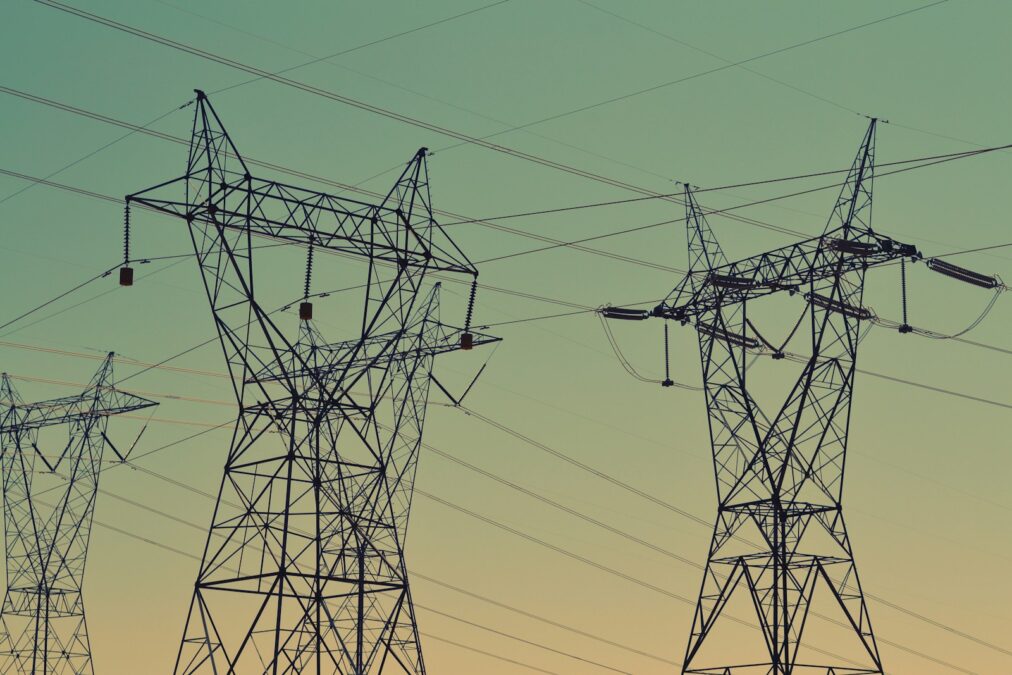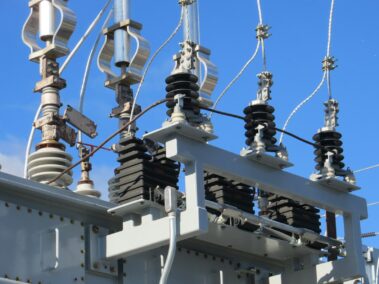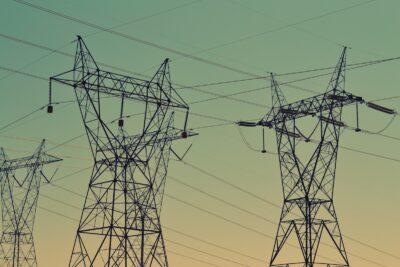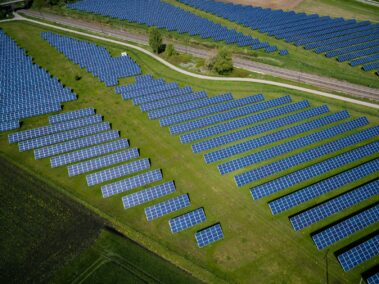Empowering Communities with Sustainable Power Solutions
Driving Energy Resilience through Microgrid Deployment
The deployment of renewable energy microgrids is revolutionizing the way communities manage their energy resources, particularly in regions like Saudi Arabia and the UAE. As the demand for sustainable power solutions grows, microgrids offer a decentralized approach to energy generation, distribution, and storage. By integrating renewable energy sources such as solar and wind with advanced control systems, microgrids enhance energy resilience and reliability, reducing dependence on centralized grids. For business executives and entrepreneurs, understanding the potential of microgrid technology is essential for driving innovation and sustainability in local communities.
One key advantage of renewable energy microgrids is their ability to operate autonomously during grid outages or disruptions. In areas prone to extreme weather events or grid failures, microgrids can island themselves from the main grid and continue supplying power to critical facilities such as hospitals, schools, and emergency shelters. This capability enhances community resilience and ensures continuity of essential services, even in challenging circumstances. In cities like Riyadh and Dubai, where climate-related risks are a growing concern, the deployment of renewable energy microgrids strengthens local infrastructure and mitigates the impact of power outages.
Moreover, renewable energy microgrids empower communities to transition towards a more sustainable and resilient energy future. By harnessing locally available renewable resources, such as sunlight and wind, microgrids reduce reliance on imported fossil fuels and mitigate greenhouse gas emissions. This aligns with national sustainability goals and contributes to the global effort to combat climate change. In Saudi Arabia and the UAE, where renewable energy initiatives are gaining momentum, microgrid deployment offers a scalable solution for enhancing energy security and promoting environmental stewardship.
Facilitating Community Empowerment and Collaboration
The deployment of renewable energy microgrids fosters community empowerment and collaboration, enabling residents to take control of their energy destiny. Community-owned microgrids allow individuals, businesses, and local organizations to invest in renewable energy infrastructure and share the benefits of clean power generation. This democratization of energy production promotes economic development, job creation, and social equity, strengthening the fabric of local communities. In regions where access to reliable electricity is limited, microgrids provide a lifeline for underserved populations, unlocking opportunities for economic growth and human development.
Furthermore, renewable energy microgrids stimulate innovation and entrepreneurship, creating new opportunities for businesses to develop and deploy clean energy technologies. Startups and SMEs play a crucial role in driving the adoption of microgrid solutions, offering innovative products and services tailored to local needs. Government support and incentives further accelerate microgrid deployment, fostering a vibrant ecosystem of energy innovation. In Saudi Arabia and the UAE, where renewable energy investment is a strategic priority, microgrid projects attract investment and expertise, catalyzing economic diversification and job creation.
Leadership and management skills are essential for the successful deployment of renewable energy microgrids. Leaders in the energy sector must possess the vision and strategic acumen to navigate regulatory frameworks, secure funding, and mobilize stakeholders. Project management expertise is also crucial for overseeing the planning, implementation, and operation of microgrid projects. Effective communication and community engagement are paramount for building trust and ensuring the success of microgrid initiatives.
Conclusion: Paving the Way for a Sustainable Energy Future
In conclusion, the deployment of renewable energy microgrids is paving the way for a sustainable energy future in communities worldwide. By harnessing the power of decentralized energy systems, microgrids enhance energy resilience, promote economic development, and empower local communities. For business executives, mid-level managers, and entrepreneurs, embracing microgrid technology presents opportunities for innovation, growth, and social impact.
The journey towards a more resilient and sustainable energy future requires collaboration, innovation, and leadership at all levels. By investing in renewable energy microgrids and supporting community-led initiatives, countries can build a more resilient energy infrastructure and achieve their sustainability goals. As we strive towards a greener and more equitable world, renewable energy microgrids will continue to play a central role in shaping the energy landscape and improving the lives of people around the globe.
#RenewableEnergyMicrogrids #EnergyResilience #CommunityEmpowerment #SaudiArabia #UAE #Riyadh #Dubai #ChangeManagement #ExecutiveCoaching #BusinessSuccess #ManagementConsulting #ArtificialIntelligence #Blockchain #TheMetaverse #GenerativeAI #LeadershipSkills #ProjectManagement























